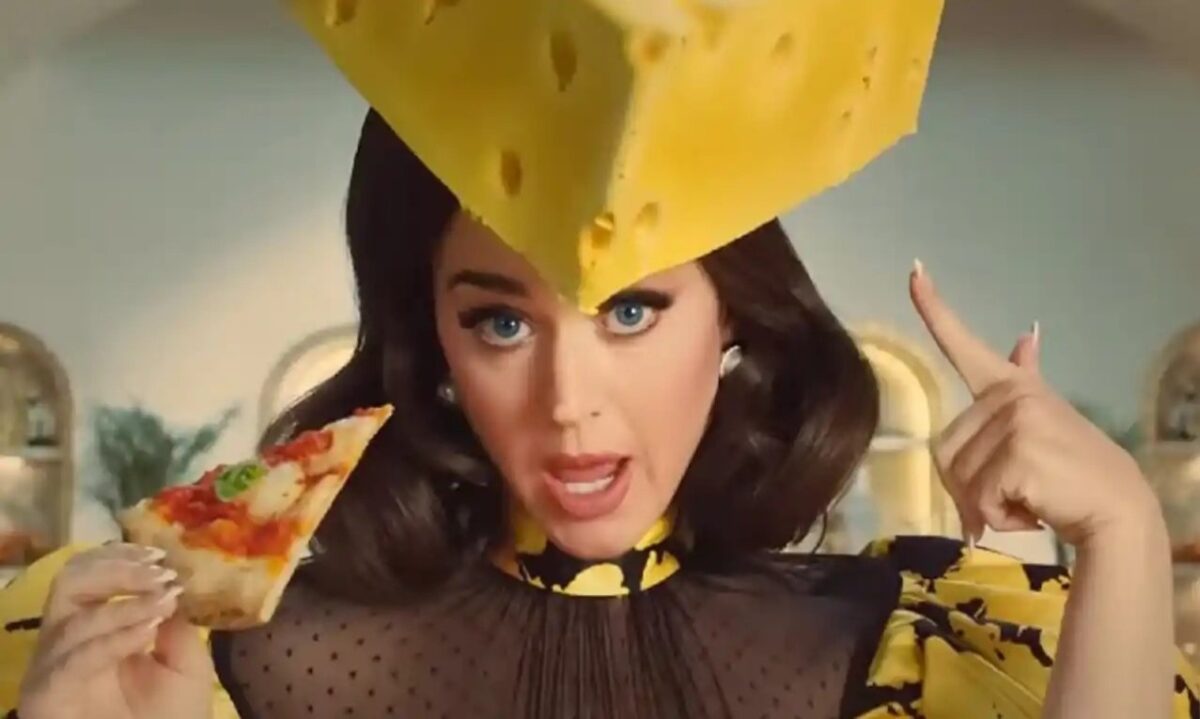A report compiled by marketing effectiveness firm Effie and Ipsos has found that brands need to do away with so-called ‘traditional’ or outdated stereotypes of women if they wish to succeed.
Especially whilst in the midst of a global economic downturn and cost-of-living crisis, the report suggests that brands cannot afford to take any risks and alienate potential customers.
Advertising with a strong Gender Equality Measure (GEM score) in the Ipsos ad database depicting women in a variety of roles, was found to be 24% more likely to produce an increase in short term sales, and 28% more likely to lead to an improvement in brand equity.
Calls for more accurate representation of women in advertising – with less stereotypes – are particularly pertinent given that the 2023 Ipsos Global Trends Report found that one in three people in the UK today still agrees that the main role for women in society is to be good wives and mothers.
Alarmingly, this figure (29%), is up five percentage points, from 24%, 10 years ago, with much of that increase being driven by 16–24-year-olds – 38% of whom agree that a woman’s main role should still be the stereotyped housewife, focusing on her husband and her children.
“The business case is clear. Marketing drives growth, but at its most powerful it can influence a positive change in culture. What’s great about this report is it demonstrates that the two agendas are completely aligned. Brands have an opportunity right now to drive commercial success by shaking up how they represent women (and men) in the work they produce,” Effie marketing director UK, Juliet Haygarth said.
Subscribe to Marketing Beat for free
Sign up here to get the latest marketing news sent straight to your inbox each morning
“The purpose of this report isn’t just to serve up the theory and highlight the issues, but to give marketers ideas they can use in the here and now to tap into the opportunity effectively. Picture a world where women and girls finally see themselves portrayed accurately in the media, embracing their full potential.”
According to Effie and Ipsos, brands compound these negative stereotypes in three main ways; perpetuating the power dynamics between men and women (men shown as decision makers), through the deletion of women (absence of women in leadership), and through harmful stereotypes (women single-handedly doing household chores).
Ipsos senior director of creative excellence, Samira Brophy added: “I believe there’s a misconception that there isn’t much headroom left for brands to make a splash with non-traditional female representation. The Ipsos Gender Equality Measure (GEM) database shows that it is not a ‘been there, done that’ situation at all.
“Very few ads depict women as athletes, STEM professionals, business owners, and artists. There is a critical need for more accurate and diverse gender representation in advertising. This not only fosters equality and respect, but also drives business performance.”









